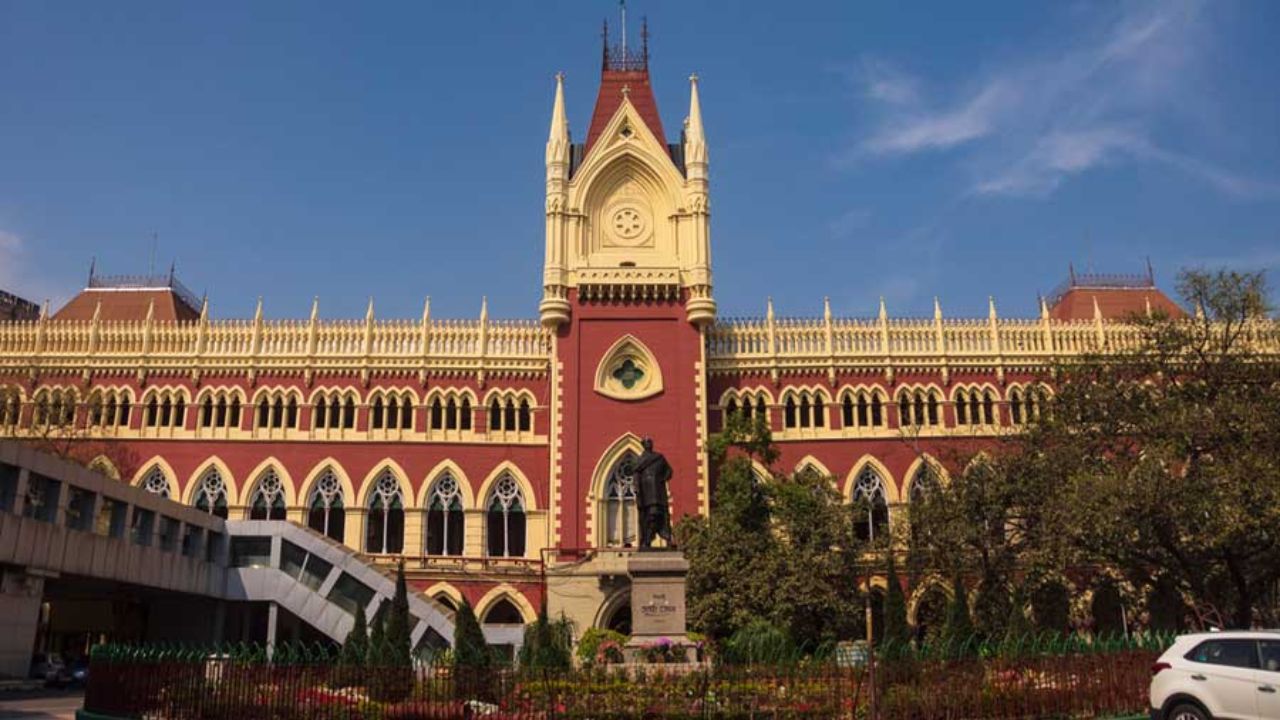 English
English

UIDAI told Kolkata High Court that Aadhaar isn’t linked to citizenship and can be issued to legal foreign residents. The hearing addressed petitions challenging arbitrary Aadhaar deactivations and UIDAI’s power to declare individuals “foreigners.” Court adjourns for further hearings.

Kolkata High Court (Image Source: Internet)
Kolkata: The Unique Identification Authority of India (UIDAI) has clarified during an important debate in the Kolkata High Court that the Aadhaar card has no direct connection with Indian citizenship.
According to UIDAI, foreign nationals who enter India legally and are living here can also be issued Aadhaar cards. This clarification was given before a bench of Chief Justice T.S. Sivagnanam and Justice Hiranmay Bhattacharya, who were hearing a petition filed by an organization called 'Joint Forum Against NRC.'
The petition challenged the process of suddenly deactivating and then activating the Aadhaar cards of many people in West Bengal without any prior notice.
The petitioners also challenged Rule 28A and 29 of the Aadhaar Rules, which give UIDAI the right to deactivate the Aadhaar card of anyone by declaring them a foreigner. The petitioners believe that this rule is against the fundamental principles of the Constitution and violates the rights of the people.
Petitioner's lawyer Jumma Sen said in his argument that Aadhaar has become a huge structure in today's time, without which a person cannot complete any legal work from birth to death. He said, "Without Aadhaar, no one can get a birth certificate nor a death certificate. Our whole life is now linked to the matrix of Aadhaar."
At the same time, UIDAI's senior lawyer Lakshmi Gupta called the petitioners an 'unregistered organization' and questioned their petition. He said that this petition should not be acceptable because it is in favor of those who are non-citizens and possibly Bangladeshi citizens.
Additional Solicitor General Ashok Kumar Chakraborty, on behalf of the central government, also argued that this petition is not acceptable because it does not challenge Section 54 of the Aadhaar Act, under which these rules have been made. He also said that the petitioners cannot challenge the sovereignty of the country, because deactivating the Aadhaar card can be considered an 'act of sovereignty.'
The court, after partially hearing the matter, listed it for further hearing on another date. This case is also important because it clarifies the relationship between the Aadhaar card and citizenship.
Also, it is also clear that the Aadhaar card is an important document to avail government schemes and subsidies, whether the person is an Indian citizen or not. This whole case also raises the question of whether it is appropriate to give UIDAI so much official power that it can deactivate someone's Aadhaar card without any transparent process. This case can affect the policies and laws related to Aadhaar in the future.